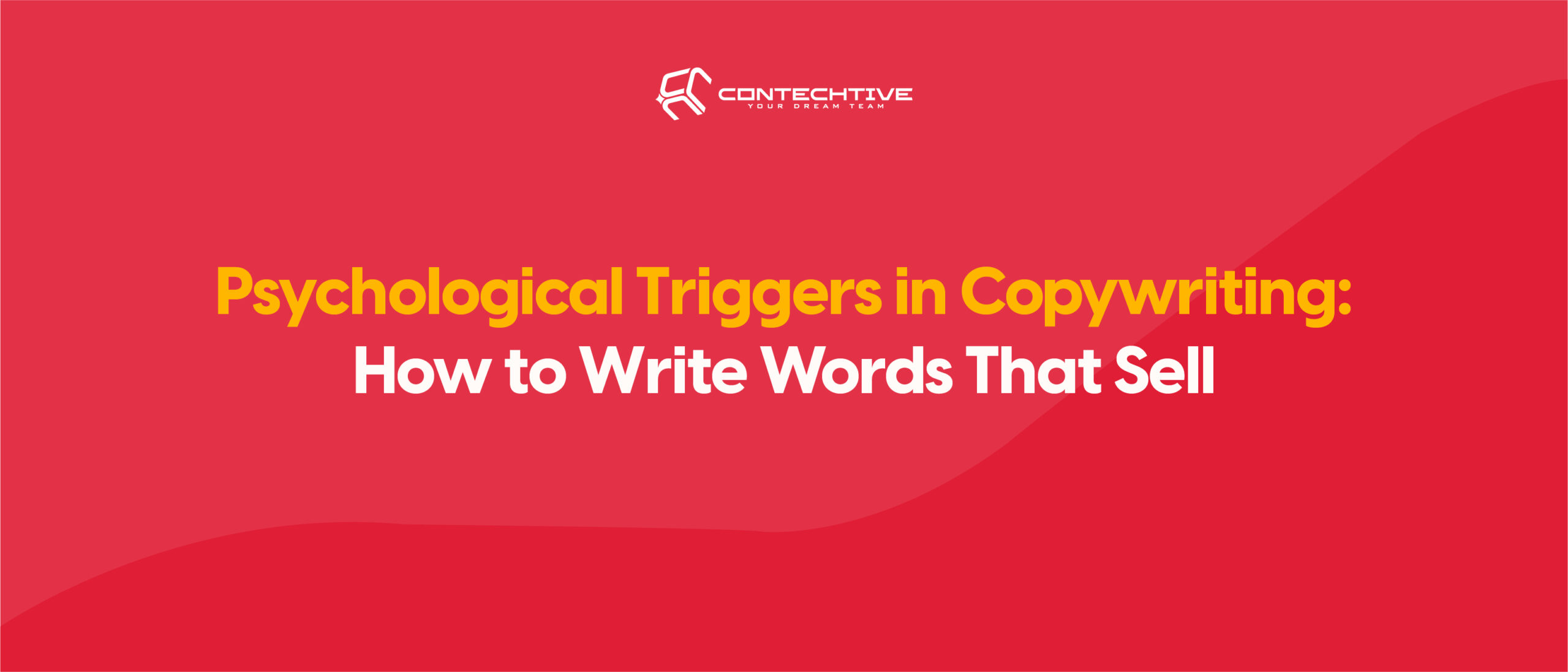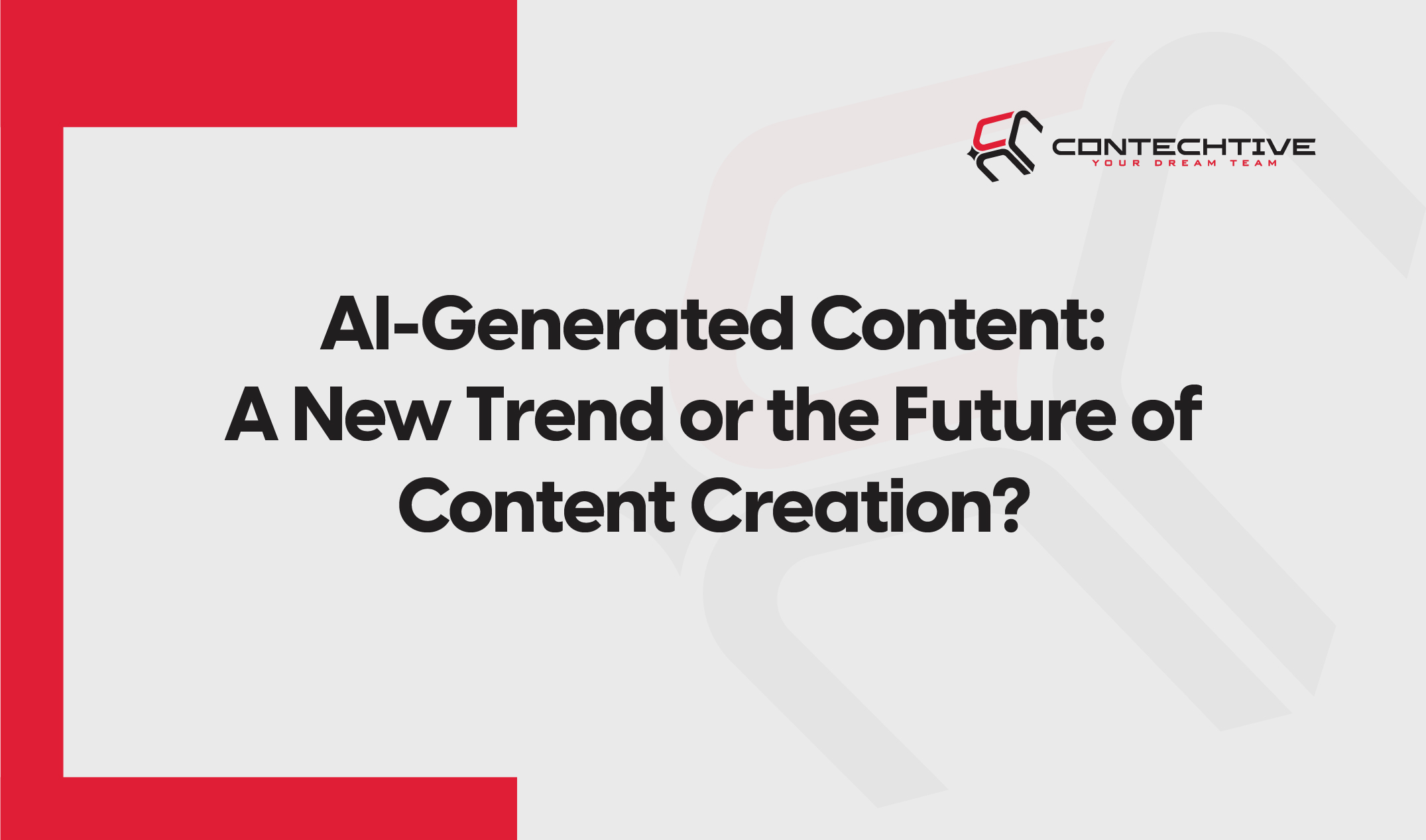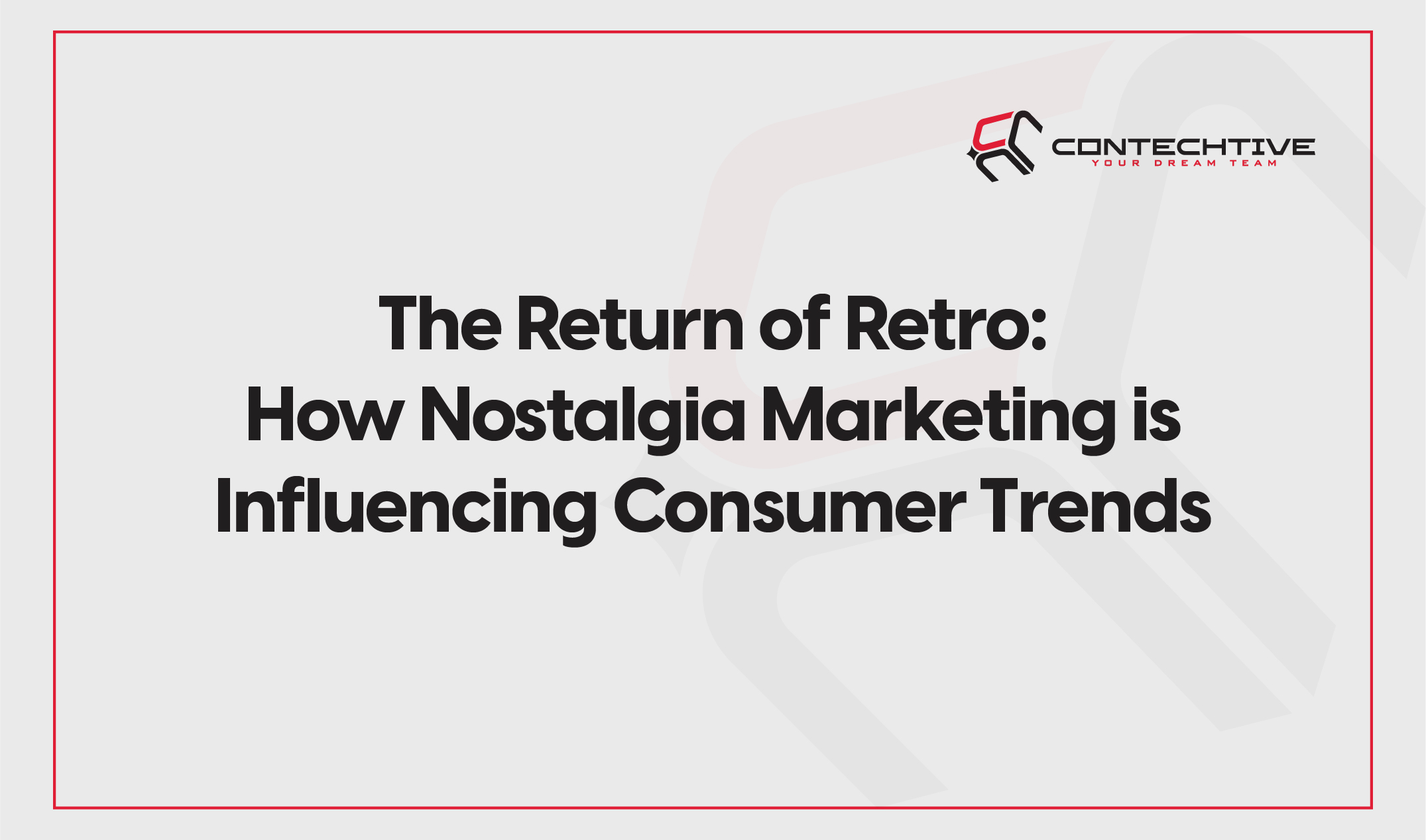Psychological Triggers in Copywriting: How to Write Words That Sell

Psychological Triggers in Copywriting: How to Write Words That Sell
In the world of marketing, copywriting is more than just crafting beautiful sentences. It’s about influencing decisions, sparking emotions, and guiding people toward taking action. But what’s the secret sauce? Psychological triggers.
These are powerful cues that tap into human behavior and decision-making. Whether you’re selling a product, a service, or an idea, understanding and applying these psychological triggers in copywriting can drastically improve your conversion rates.
Here’s how to write words that truly sell.
1. Scarcity: Make It Feel Exclusive
People want what they think they can’t have. Scarcity creates urgency and compels quick action.
Examples:
- “Only 3 spots left”
- “Limited edition”
- “Offer ends tonight”
Why It Works:
Scarcity activates the fear of missing out (FOMO). It short-circuits our logical thinking and nudges impulsive behavior.
Tip for Copywriters:
Use scarcity authentically. Fake scarcity damages trust. Pair it with a deadline or quantity limit for maximum effect.
2. Social Proof: Let Others Do the Talking
People follow the crowd. When we see others endorsing something, we’re more inclined to believe it has value.
Examples:
- Testimonials
- Reviews
- “Join 10,000+ subscribers”
Why It Works:
Social proof reassures readers they’re not making a mistake. It builds confidence and credibility.
Tip for Copywriters:
Use real quotes, numbers, and even photos when possible. Make your proof relatable and specific.
3. Reciprocity: Give First, Then Ask
Humans have a built-in desire to return favors. When you offer value first, people feel more inclined to respond.
Examples:
- Free guides
- Helpful tips
- “Download our free checklist”
Why It Works:
The act of giving sparks goodwill and a subconscious desire to give something back like signing up, sharing, or buying.
Tip for Copywriters:
Offer real value upfront. Don’t bait-and-switch. Make your offer useful and relevant to the reader’s needs.
4. Authority: Be the Expert They Trust
We trust those who seem knowledgeable or experienced. Authority builds credibility and reduces doubt.
Examples:
- “Endorsed by top nutritionists”
- “20 years of industry experience”
- “As seen in Forbes, Bloomberg, and Entrepreneur”
Why It Works:
People are more likely to follow advice from someone who appears competent and credible.
Tip for Copywriters:
Use credentials, case studies, or data. Highlight partnerships, media features, or leadership roles.
5. Curiosity: Tease the Brain
Curiosity is a psychological itch. A well-placed question or cliffhanger triggers a need to know more.
Examples:
- “You won’t believe what happened next…”
- “The one secret marketers never share”
- “Is your website quietly killing your sales?”
Why It Works:
Curiosity gaps, what we know vs. what we want to know pull readers deeper into your content.
Tip for Copywriters:
Use curiosity in headlines and intros. Don’t overdo it or trick readers, always deliver the value you hint at.
6. Emotion: Speak to the Heart
Emotions move people more than logic. Fear, joy, surprise, belonging each has the power to influence buying behavior.
Examples:
- “Finally stop feeling overwhelmed by your finances”
- “Feel confident in every outfit”
- “Never worry about lost data again”
Why It Works:
Emotional language taps into subconscious desires and pain points. It builds connection and urgency.
Tip for Copywriters:
Focus on how your product makes people feel. Use vivid, emotional language, but stay sincere.
7. Storytelling: Make It Memorable
We’re wired for stories. They help us relate, remember, and respond.
Examples:
- “She went from broke to six figures with one decision…”
- “I almost gave up until this happened…”
- “This is how one customer saved $10,000 in 3 months”
Why It Works:
Stories humanize your message. They break down resistance and make your copy stick.
Tip for Copywriters:
Use customer journeys, founder stories, or relatable struggles. Anchor your message in narrative form.
8. Anticipation: Build the Tension
Anticipation builds excitement and keeps attention high. When people expect something valuable, they’re more likely to stick around or come back.
Examples:
- “Coming soon…”
- “Be the first to know”
- “Only for early subscribers”
Why It Works:
Anticipation heightens attention and emotion. It makes the reward feel even better when delivered.
Tip for Copywriters:
Tease product launches or bonuses. Use email sequences or landing pages to stretch out anticipation.
9. Clarity: Don’t Make Them Think
A confused reader never buys. Clear, specific copy outperforms clever wordplay every time.
Examples:
- “Get your first consultation for free”
- “Download the app in 30 seconds”
- “Cancel anytime, no questions asked”
Why It Works:
Clarity builds trust and makes action easy. It eliminates friction and hesitation.
Tip for Copywriters:
Be clear before clever. Use short sentences, active voice, and concrete benefits.
10. Loss Aversion: Focus on What They’ll Miss
We fear loss more than we desire gain. Highlighting what they might lose is often more motivating than what they’ll gain.
Examples:
- “Don’t miss out on these savings”
- “Stop wasting money on outdated tools”
- “Avoid costly legal mistakes”
Why It Works:
Loss aversion taps into pain points and urgency. It motivates people to act now to avoid regret.
Tip for Copywriters:
Balance this trigger with value and positivity. Don’t fear-monger offer a better alternative.
Final Thoughts
Psychological triggers are the backbone of effective copywriting. When used with purpose and authenticity, they can significantly boost your engagement, conversions, and customer loyalty.
But remember: these triggers work best when combined. Layer them, start with curiosity, support with social proof, sprinkle emotion, and close with scarcity or authority.
Copywriting isn’t manipulation, it’s understanding what people truly want and reflecting that back with empathy and clarity.
Contechtive helps you write copy that connects, converts, and compels backed by proven psychology. Whether you’re launching a campaign or refining your messaging, partner with Contechtive to write copy that truly sells.
Use psychology wisely. Write to connect. And always sell with integrity.







